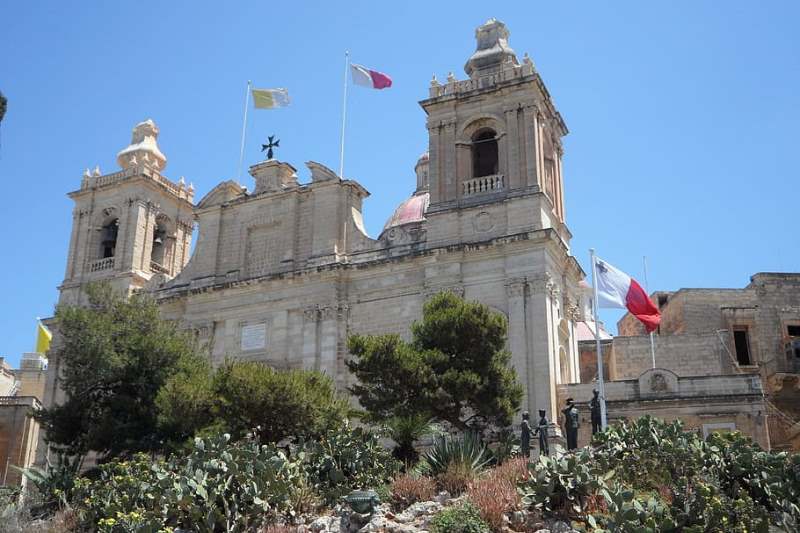
The financial markets watchdog in Malta, Malta Financial Services Authority (MFSA), said it has received ‘Letters of Intent’ from 34 prospective digital assets providers, of which are 21 crypto exchanges seeking authorization in the ‘Blockchain Island.’
Until yesterday, October 31, these crypto providers had been operating under the transitory provisions set out in the country’s Virtual Financial Assets Act, which provides a set of rules for those operating a cryptocurrency-related business. Those wishing to continue providing their services in the rising crypto hub, following the expiry of the transitory period, are now required to apply for authorization with the MFSA.
License applicants must show to the Maltese financial watchdog that they possess sufficient capability, coherence, and solvency to run the business. The legal notice also warns of administrative penalties for failure to comply with the provisions of the VFA rules.
Additionally, those applying for a license will be classified at the discretion of the MFSA into one of the four categories, which determine the requirements of license holders.
Blockchain Island
The Mediterranean island has been already one of the most desirable locations to set up shop in the blockchain space. The European Union’s tiniest member has earned the name “Blockchain Island,” with several top crypto exchanges have made Malta a central hub of their operations, including Binance, OKEx, and most recently ZBX.
Malta was also one of the first countries to regulate the crypto industry and offer a legal framework for its application. Crypto exchanges were amongst the industry players that benefited the most out of this deal, as the Virtual Financial Act finally enabled their legal operation.
With significant media attention being drawn towards the fledgling crypto-asset industry, the act also outlines stringent requirements for other service providers, including brokerages, portfolio managers, custodians, wallet providers, investment advisors, and perhaps most crucially, cryptocurrency exchanges.
Earlier in 2018, the Maltese Parliament passed a law setting the framework for blockchain, cryptocurrency, and digital assets, becoming one of the world’s friendliest jurisdictions for a sector that’s caused concern among other regulators. The nation also hopes that this will serve to clean up its system and discourage scam entities from registering in Malta.
(Photo: pxfuel)

